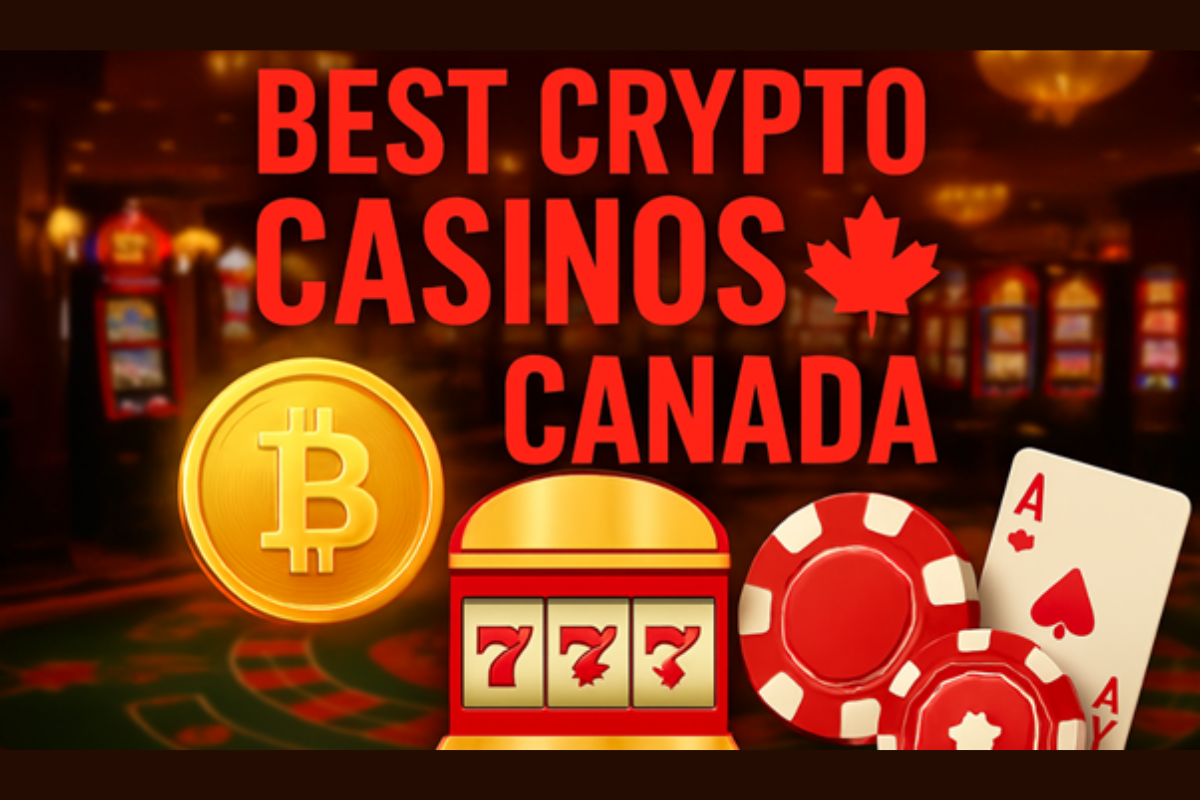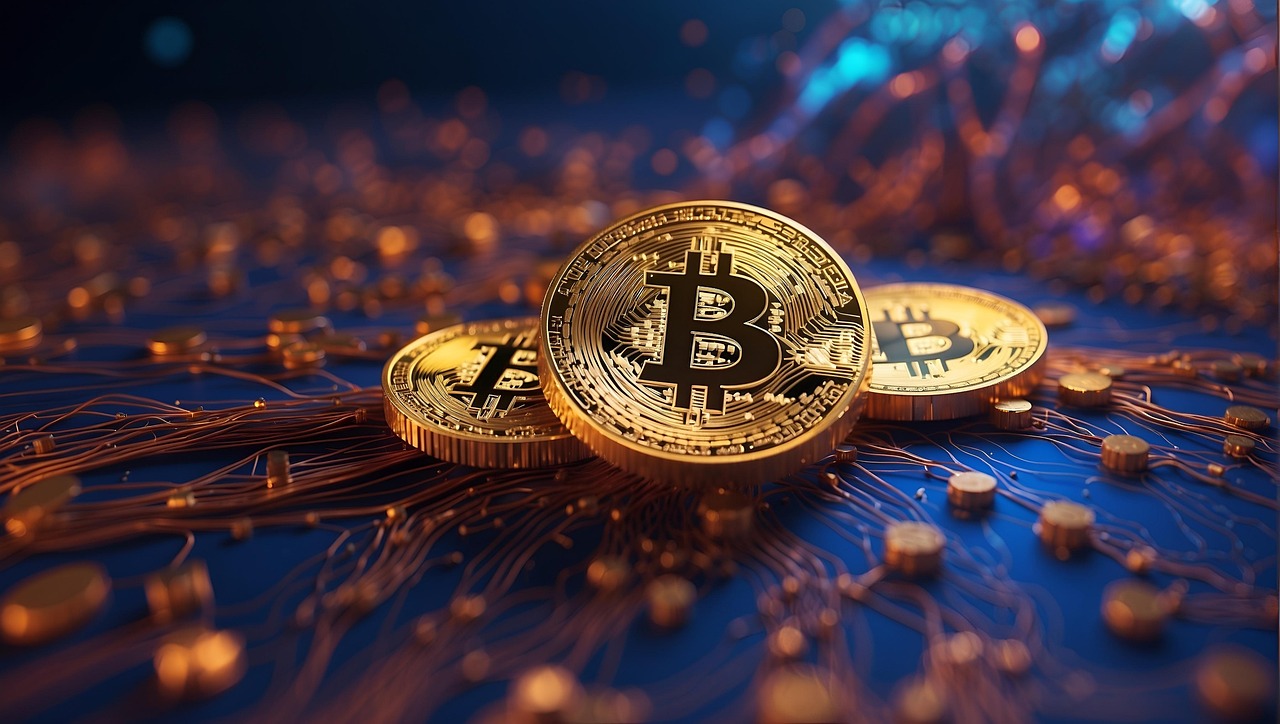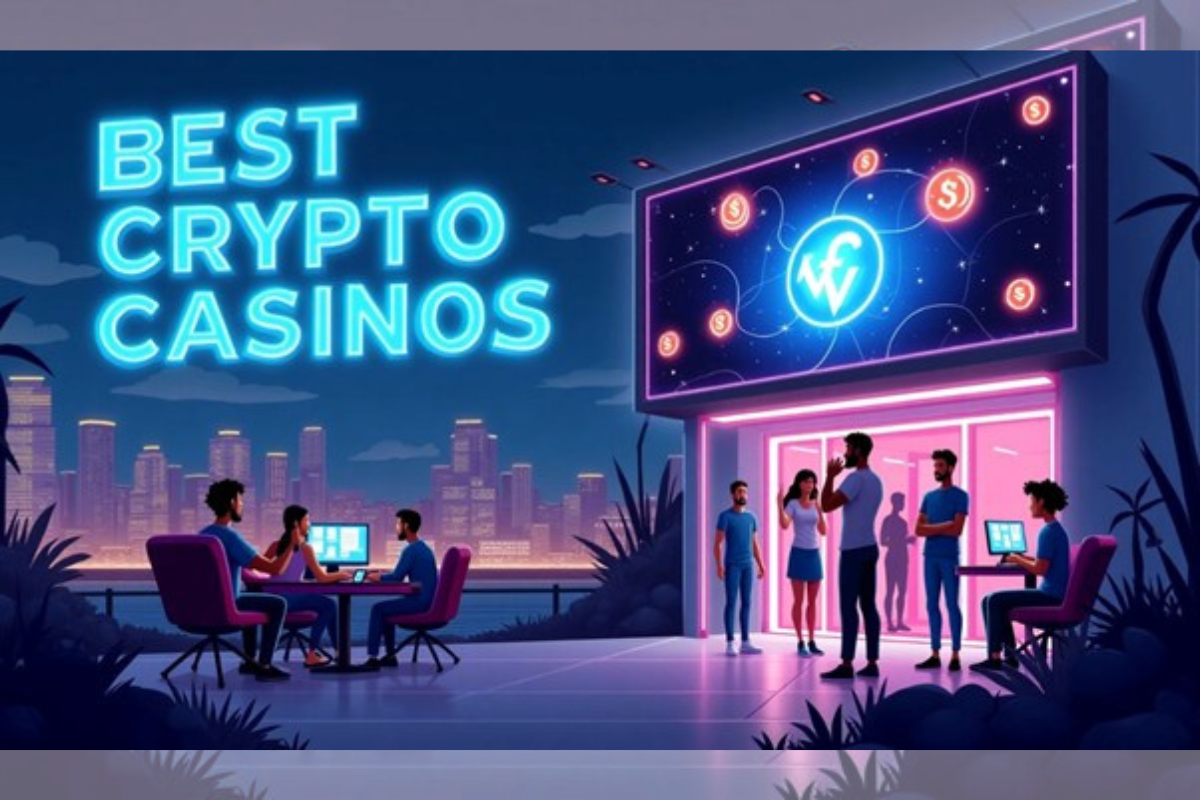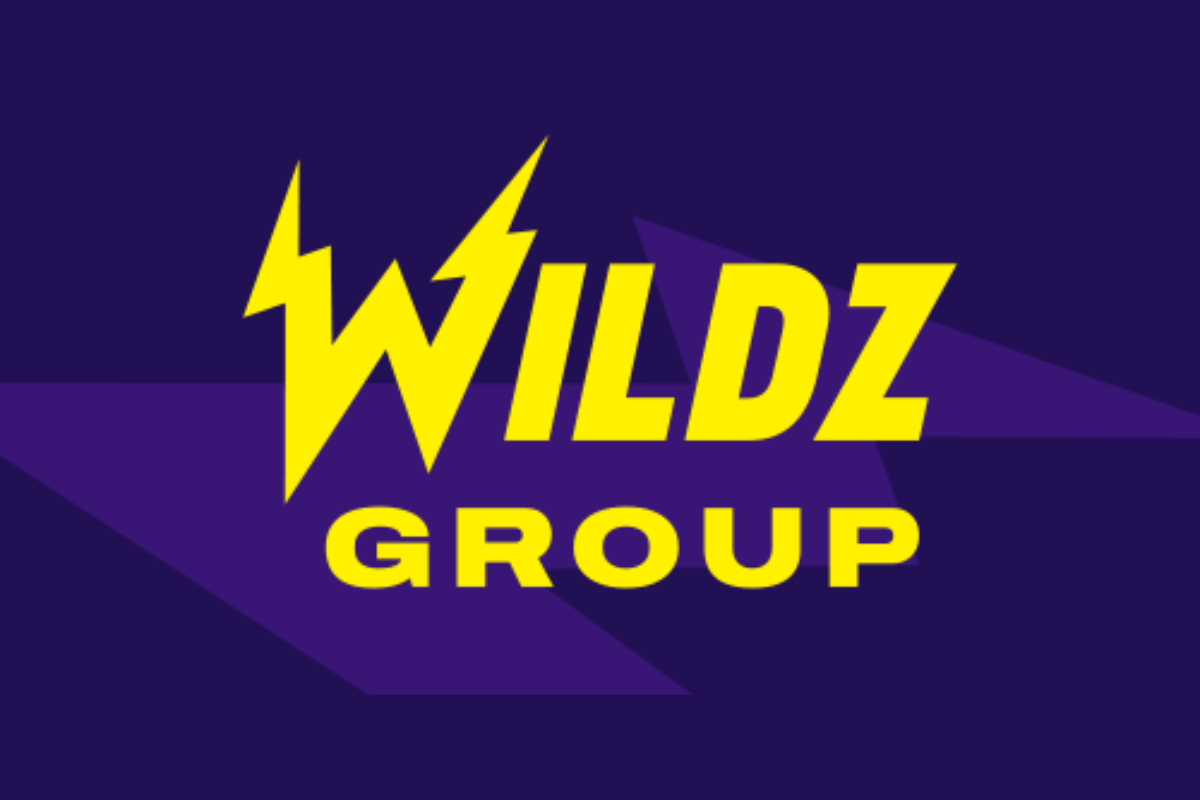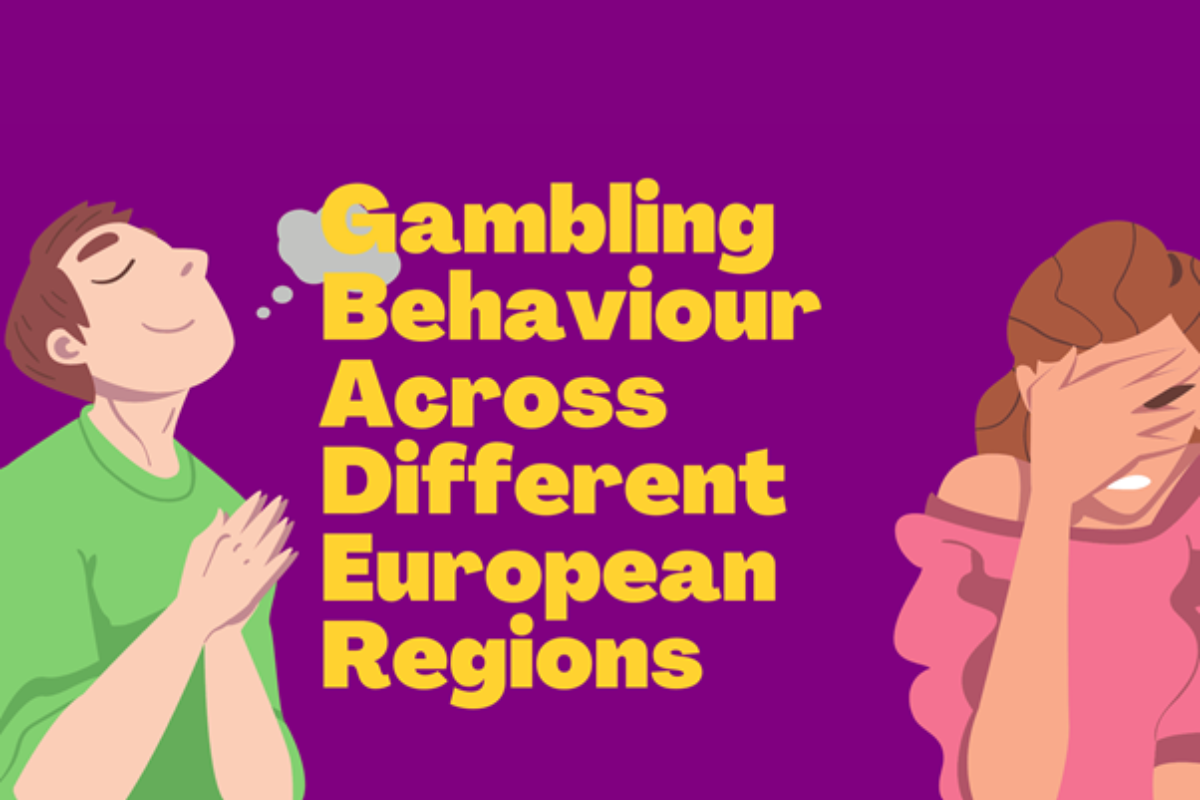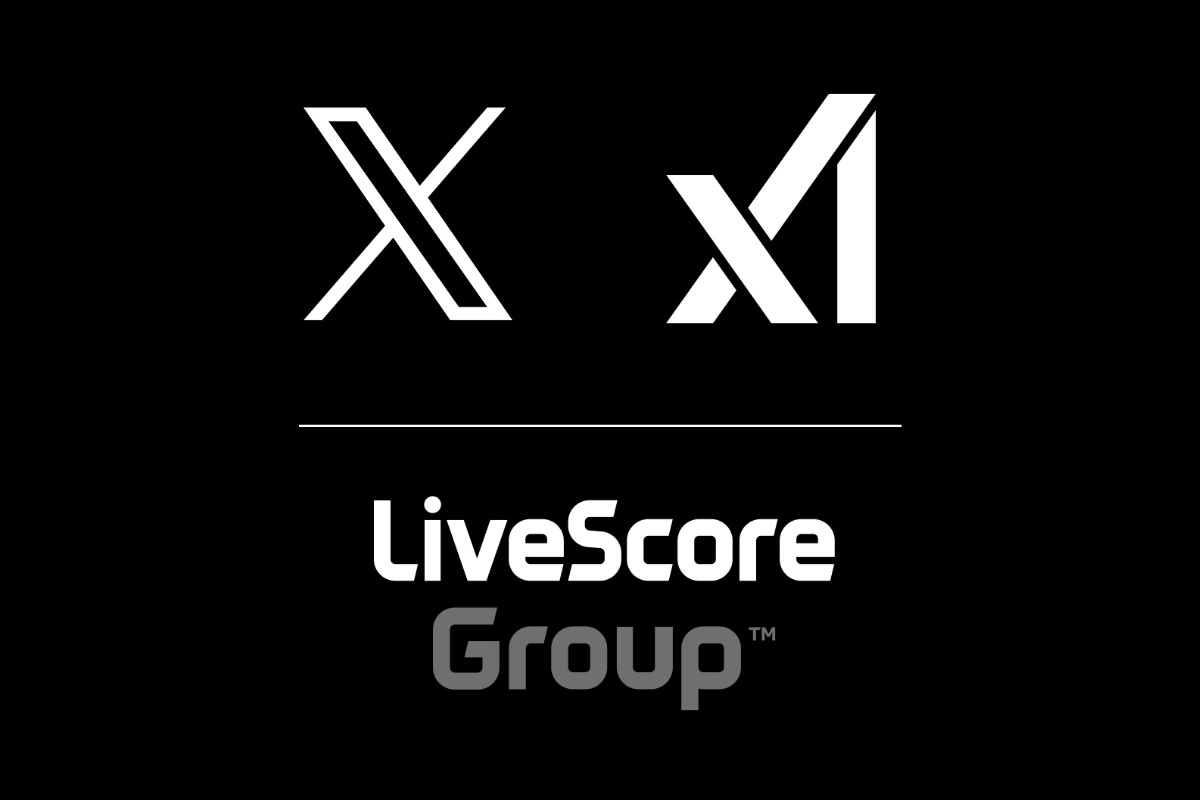Latest News
What a 100% Blockchain-Powered iGaming Market in Europe Would Really Look Like

A fully blockchain-powered iGaming market in Europe would not be just about the payment systems being on-chain. Everything from player accounts to game results would be managed on a distributed ledger. This would mean no central authority keeping the records and no way to alter data once it’s there.
There are already blockchain-powered iGaming platforms that offer services internationally, and they have built reputations for features beyond decentralised transactions. According to EsportsInsider.com, these sites are known for offering generous bonuses, large game libraries, and extensive VIP or loyalty programmes that keep players coming back. The technology is part of the appeal but the perks and game variety are what turn first-time visitors into repeat customers. Some platforms also highlight lower transaction costs and faster withdrawals as reasons for players to choose them over traditional operators. For regular players, the combination of rewards and speed can be a major draw.
Right now, most European iGaming platforms are required to follow strict know-your-customer rules. With a fully blockchain-powered market, verification could happen through blockchain-based ID systems instead of traditional document checks. This could shorten sign-up times but would still have to meet the same legal requirements in each jurisdiction.
For players who value privacy, this could make the experience smoother while still keeping regulators satisfied. It might also help operators reduce fraud by using encrypted identity proofs that cannot be forged.
In a 100% blockchain system, every game outcome could be publicly verifiable. Provably fair algorithms already exist for certain games, letting anyone check that a spin or a deal was random and not altered by the operator.
Applied to all games, this could increase trust in the industry, especially among players who avoid certain sites because they doubt the fairness of the results. Public verification could also help operators stand out in competitive markets where player trust is difficult to win.
Traditional payment methods in iGaming often have withdrawal times ranging from hours to several days. On-chain payments would settle in minutes, unlike bank transactions, depending on the blockchain network being used.
This could also mean lower transaction fees for both players and operators, particularly for cross-border play where currency conversions add extra costs today. Faster payments could also encourage more frequent play since players would not have to wait for winnings to arrive before starting another game.
European advertising rules for iGaming are already strict in many countries. Blockchain platforms that operate without a fixed national base might find it difficult to comply with local restrictions.
Operators would still need to market responsibly while also competing with platforms outside the EU that target the same players without the same obligations. This could push operators to focus more on referral schemes, content marketing, and loyalty programmes instead of relying heavily on traditional ad campaigns.
A blockchain-powered market would not automatically mean fewer regulations. Countries would still want to tax operators and ensure responsible gambling measures are enforced.
Smart contracts could be designed to handle some compliance requirements automatically, but these would have to be accepted by regulators before they replace current reporting systems. Governments might also need to adapt their own processes to interact with decentralised systems, which could slow adoption.
VIP and loyalty programmes could become tokenised, letting players own their reward points as digital assets they can trade or use elsewhere. This might appeal to players who want rewards that hold value outside of one platform.
However, it could also raise new legal questions about whether these tokens would be treated as financial assets in certain jurisdictions. If accepted widely, such tokens could even be used across multiple iGaming sites, creating a shared reward economy.
With fewer delays in payments and no need for centralised account management, players could move between platforms more freely. This could increase competition among operators and put pressure on them to improve their offers.
For players in smaller markets, it could mean more choice and access to larger prize pools. It could also lead to more international tournaments, with prize funds distributed instantly to winners around the world.
-

 Asia6 days ago
Asia6 days agoDigital gaming disruption tackled in 1st AsPac Regulators’ Forum
-

 Africa6 days ago
Africa6 days agoBetKing Renews Ikorodu City FC Partnership for 2025/26 NPFL Season
-

 Compliance Updates6 days ago
Compliance Updates6 days agoKongebonus statement: Norway’s election result signals gambling policy continuity, but licensing debate is set to intensify
-
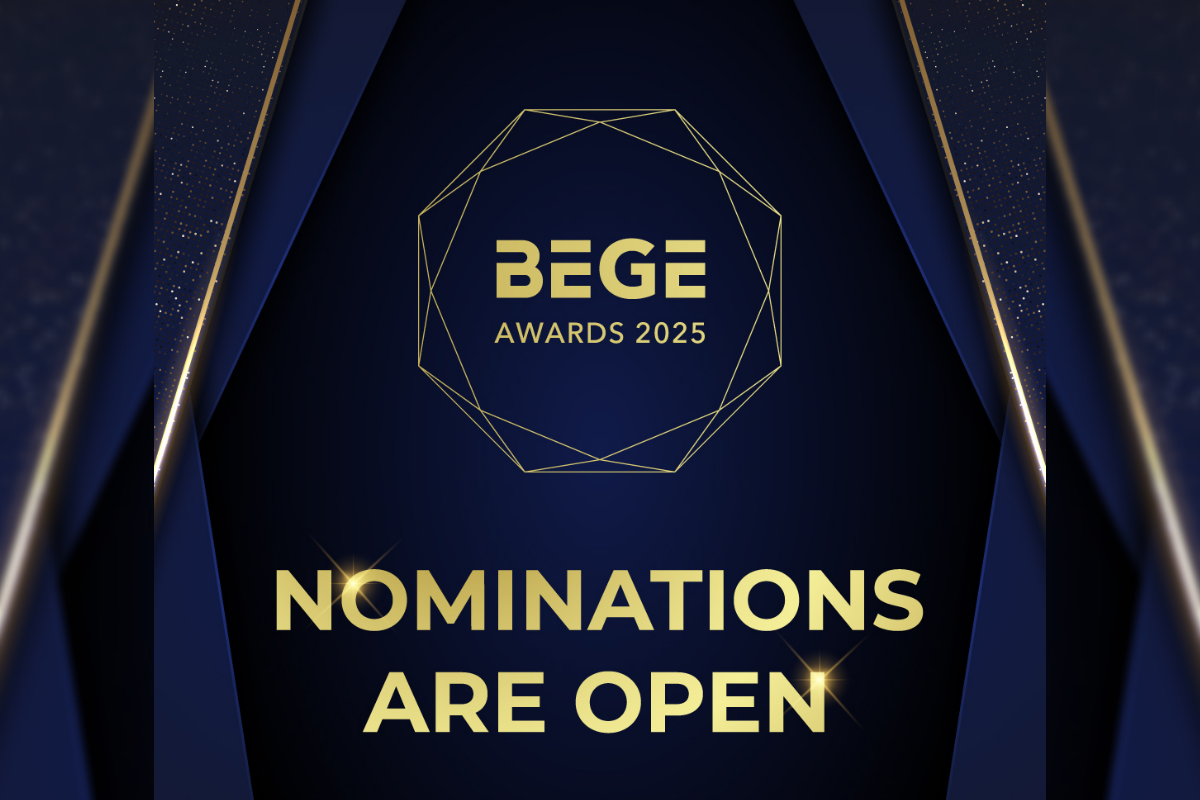
 Balkans6 days ago
Balkans6 days agoBEGE Awards Nominations Now Open – Celebrating 16 Years of Industry Excellence!
-
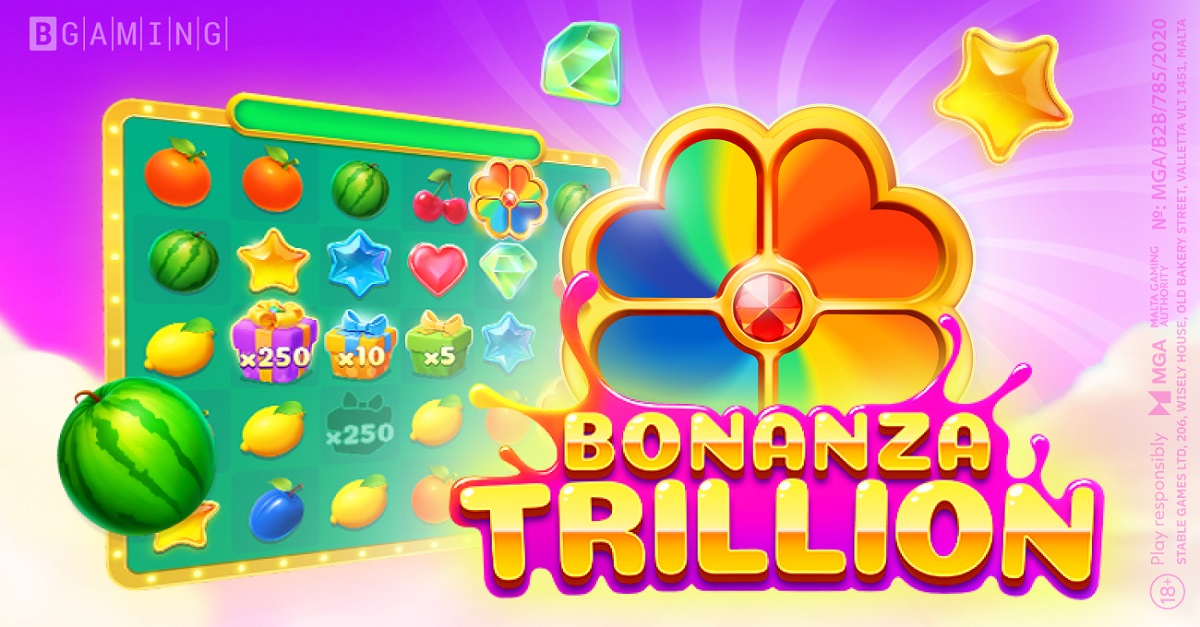
 Latest News6 days ago
Latest News6 days agoWin a Fruity Fortune in BGaming’s Bonanza Trillion
-

 Latest News6 days ago
Latest News6 days agoSaddle up for big wins under the Bison Moon with the latest slot from Northern Lights Gaming
-
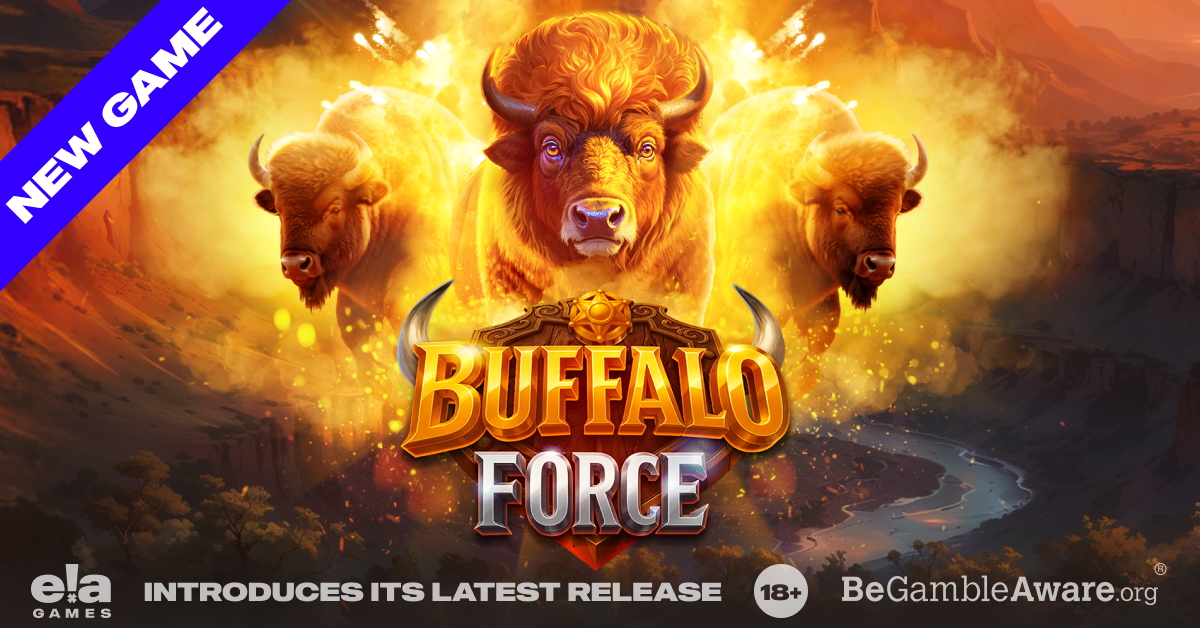
 Latest News6 days ago
Latest News6 days agoAnswer the Call of the Wild: ELA Games Unveils Its Latest Game “Buffalo Force”
-
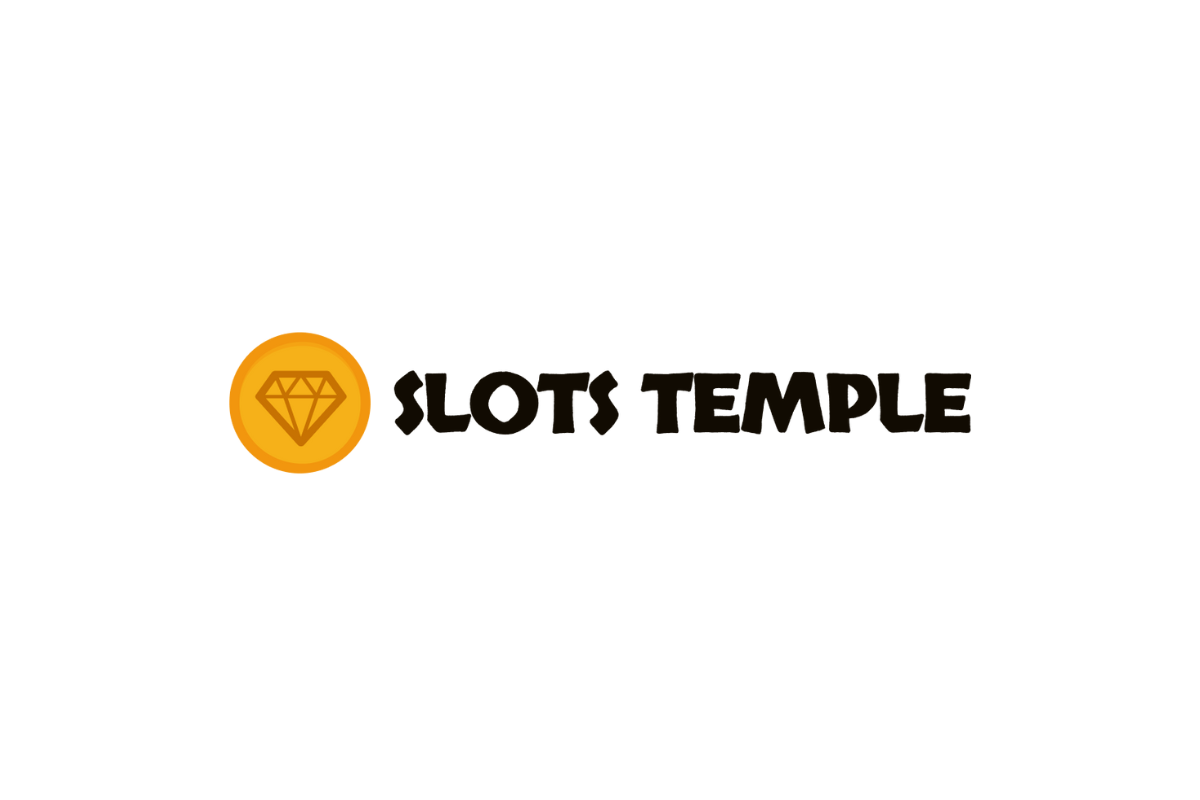
 Latest News6 days ago
Latest News6 days agoSlots Temple Announces Exclusive Free-to-Play Tournament Partnership with Pragmatic Play









